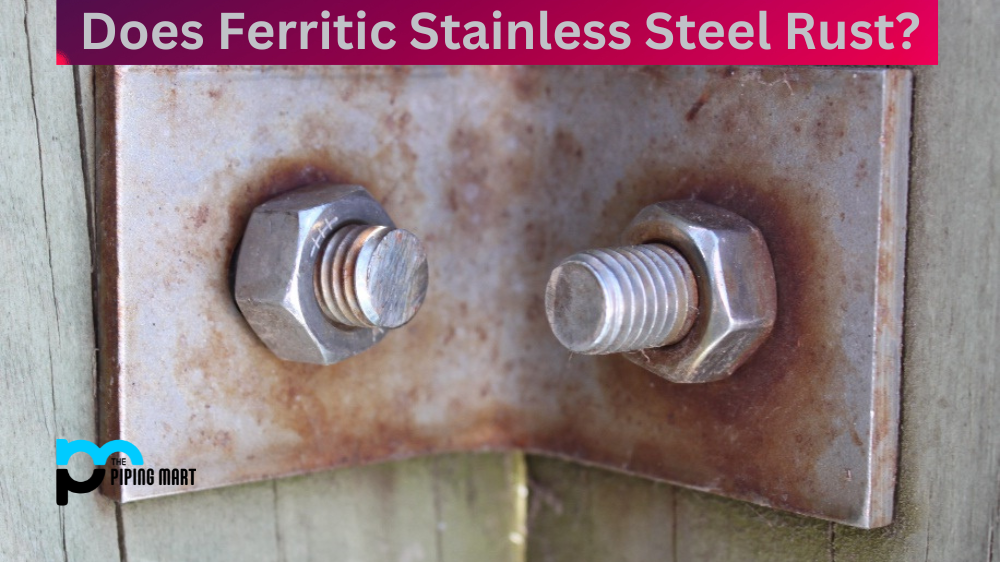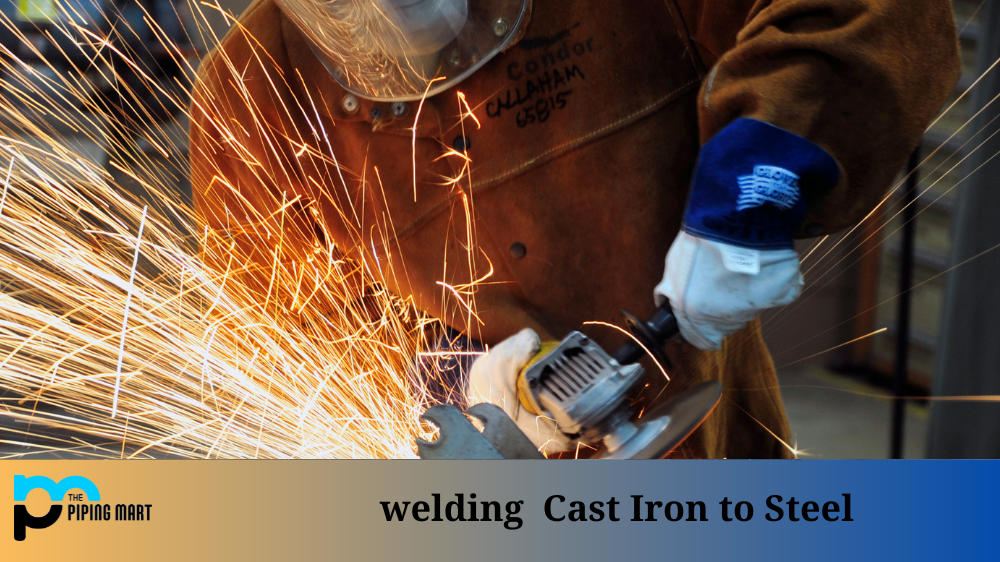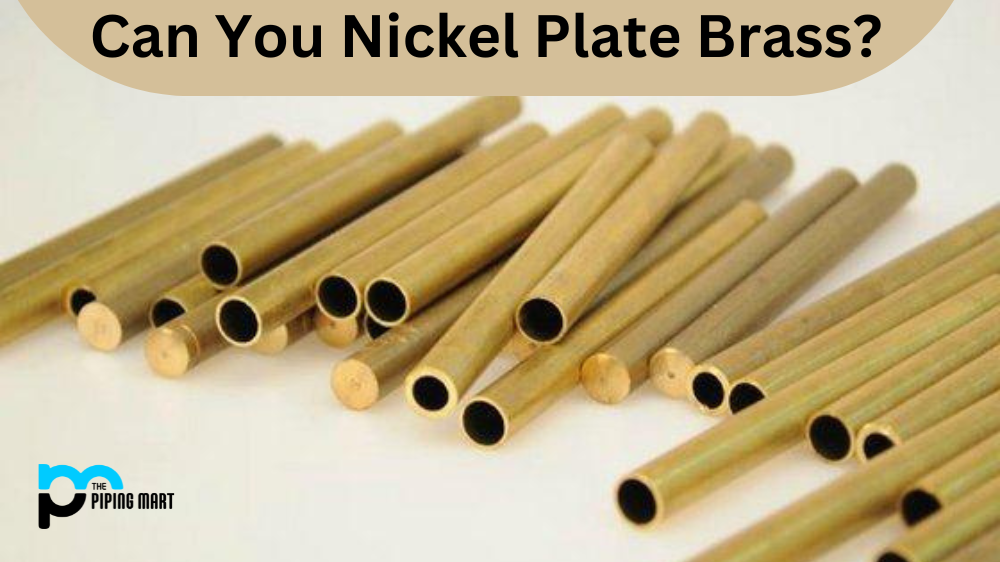As a type of stainless steel, ferritic stainless steel is an alloy that contains iron and chromium. It’s known for its good corrosion resistance, but does it actually rust? Let’s take a look at the answer to this question and the characteristics of ferritic stainless steel.
What is Ferritic Stainless Steel?
Ferritic stainless steel is a type of stainless steel that contains between 10.5% and 27% chromium. It has excellent corrosion resistance properties, making it an ideal material for many applications. This is because it has low carbon content, which means that it won’t corrode as quickly as other types of metals. Additionally, its high chromium content makes it resistant to rusting.
Does Ferritic Stainless Steel Rust?
So, does ferritic stainless steel rust? The simple answer is no; however, there are still certain conditions in which ferritic stainless steel can corrode or develop rust spots. For example, if the material is exposed to harsh environments or chemicals, then it can become susceptible to oxidation and corrosion over time. The good news is that this type of stainless steel is highly resistant to most forms of corrosion, so you don’t have to worry about it rusting unless you expose it to extreme elements.
Ferritic Stainless Steel Benefits
Ferritic stainless steel has several advantages over other types of metals. One benefit is its superior strength compared to other metals such as aluminium or copper. This makes it perfect for applications where strength and durability are important factors. Additionally, ferritic stainless steel has excellent thermal conductivity properties meaning that heat will be evenly transferred throughout the material instead of just concentrated in one area like with other materials such as aluminum or copper. Lastly, this type of metal is non-magnetic, so if your application requires non-magnetic components, then ferritic stainless steel would be an ideal choice!
Conclusion:
In conclusion, ferritic stainless steel does not rust under normal circumstances; however, there are some extreme conditions in which this metal can corrode or develop rust spots over time. Despite this fact, though, ferritic stainless steel still offers superior strength compared to other metals due to its low carbon content and high chromium content which helps make it more resistant to corrosion and oxidation than other metals. Additionally, its thermal conductivity and non-magnetic properties make it perfect for various applications where durability and performance are key factors! All things considered, ferritic stainless steel truly stands out amongst other types of metals!

Pipingmart is a B2B portal that specializes in metal, industrial and piping items. Additionally, we share the latest information and information about materials, products and various types of grades to assist businesses that are involved in this business.




